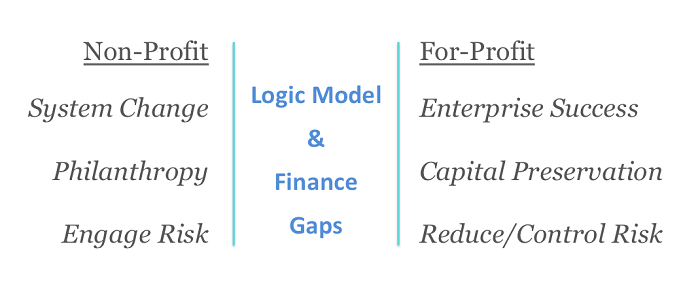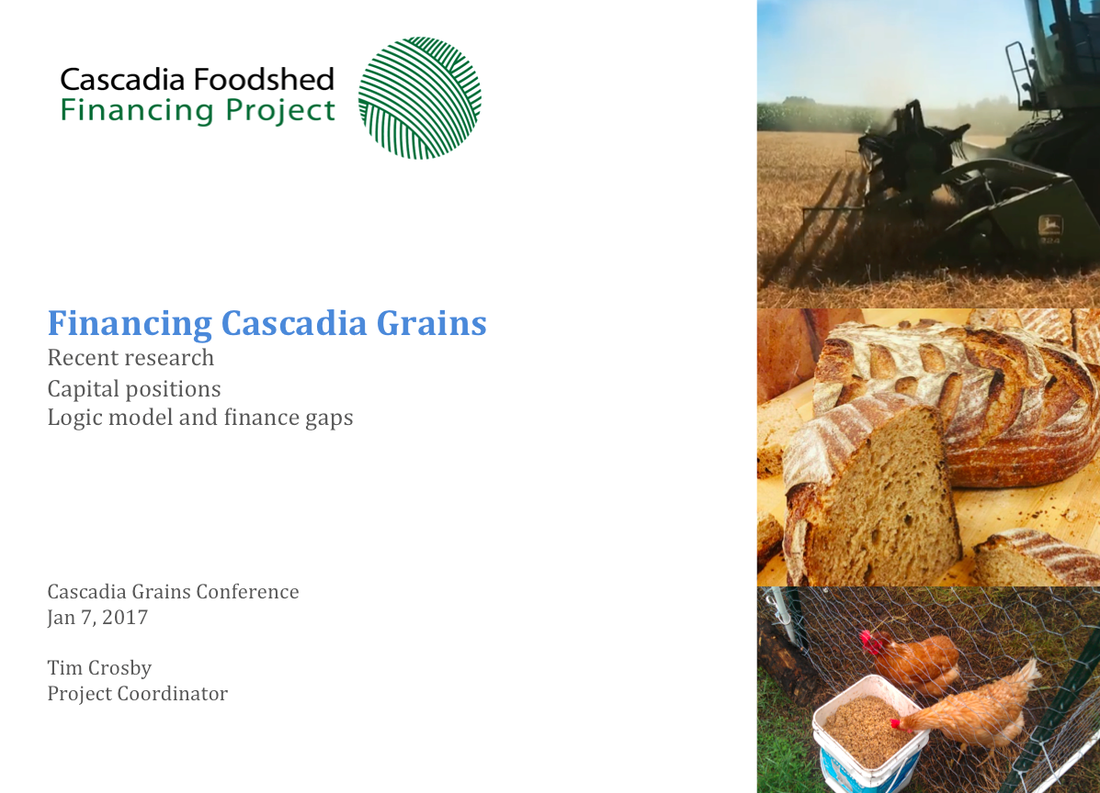|
"Evidence-based", "systems change", "enterprise success" -- what do we really mean when we use these words? Learn more about CFFP's approach to impact in our latest article at the Philanthropy Northwest blog: "Ground Truth: Between Nonprofit & For-Profit Paths for Impact"
1 Comment
Will 2017 be the year we get serious about sustainable food?
Ucilia Wang, The Guardian This article covers the status of several trends towards food sustainability in the United States including organic conversion, eliminating antibiotic use, regulation of illegal fishing, and reducing meat consumption. Each area contains its own successes and challenges, but with an equal sense of urgency: John Reganold, soil science professor at WSU, states, “In a time of increasing population growth, climate change, and environmental degradation, we need agricultural systems that come with a more balanced portfolio of sustainability benefits” Towards which of these four sustainability trends can CFFP contribute? How can we use our financial resources to leverage that “balanced portfolio of sustainability benefits” in our food system? Can we serve as a security buffer that eases local producer transitions to organic? Can we invest in antibiotic-free meat producers and sustainable seafood suppliers? Can we support consumer education and broaden skillsets around alternative proteins? 8 Rural and Small Town Trends for 2017
Becky McCray, Small Business Trends A few trends for rural and small towns for 2017:
Three of CFFP’s core guiding principles are rural community resilience, social equity, and family wage job creation. Understanding business trends in the rural communities where we engage is crucial in realizing these goals and making sure that rural communities do not get left behind. The trends listed above point to an expansion of markets for local and differentiated foods, which is encouraging for the investments we’re pursuing. The exit interview: Ag Secretary Vilsack on Obama’s food legacy
Nathaniel Johnson, Grist There is an ongoing and often inconclusive debate about Obama’s legacy in food and agriculture – whether or not the administration was too lenient towards corporate agribusiness, and whether or not First Lady’s partnership with big food in her war on obesity was effective. In this interview, Secretary of Agriculture Tom Vilsack highlights some positive trends over the past eight years including (1) working collaboratively rather than confrontationally for conservation, (2) stimulating rural economies, (3) making climate action part of USDA culture, and (4) improving healthy food access in poor communities. As this interview points out, the incoming Trump administration has “pledged to roll back Obama’s actions on climate change and health care, [but] he hasn’t said what he’ll do on the food and ag front” and has yet to appoint a new agriculture secretary. Despite this ambiguity, an expected reinforcement of commodity crop and industrial meat production makes the mission of CFFP ever relevant and urgent to provide healthful alternatives. Broken Promises of Genetically Modified Crops
Karl Russell and Danny Hakim, The New York Times As CFFP seeks to enable local producers that implement alternative practices for a more sustainable food system, this evidence is important to bear in mind. Biodynamic practices such as crop rotation and organic growing have potential to meet if not exceed conventional yields. Combined with market evidence that demand for organic and non-GMO is ever rising, investing in non-GMO producers becomes an environmental and financial win. Some of the top rationales for the use of genetically modified crops include the promise of increased crop yields and decreased use of artificial pesticides, herbicides, and fertilizers. The data, however, shows otherwise. We’ve learned that increases in crop yields in Western Europe, where GMOs are not permitted, are on par with – in some cases, better than – US yields over the last 20 years. What’s more, herbicide use in non-GMO countries like France has greatly decreased while use in the US has actually increased by 21 percent, especially use of glyphosate (the main ingredient in Monsanto’s Roundup). A related article dives deeper on these trends. CFFP was invited to present their reseach for the 2017 Cascadia Grain Conference. Below is Tim Crosby's presentation.
|
LearnAs part of its own research, CFFP regularly illuminates educative research, media, and resources related to our work. This page contains public versions of our synopses. Archives
June 2019
Categories
All
|
||||||
© Cascadia Foodshed Financing Project 2016
1521 10th Pl N, Edmonds, WA 98020 | (206) 300-9860 | [email protected]
1521 10th Pl N, Edmonds, WA 98020 | (206) 300-9860 | [email protected]



 RSS Feed
RSS Feed